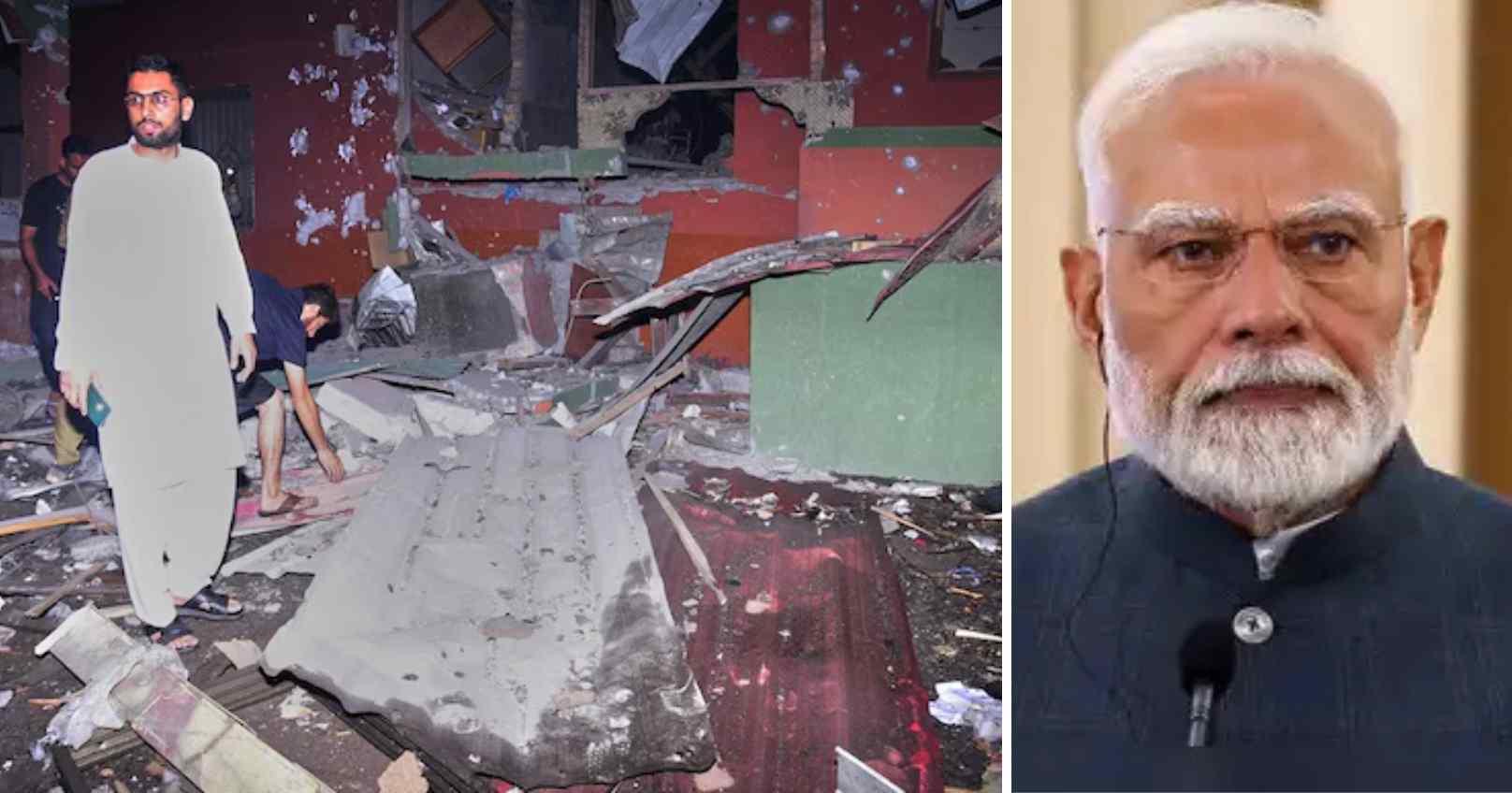India has made it clear that its recent precision strikes on terror infrastructure in Pakistan and Pakistan-Occupied Kashmir (PoK) were a deliberate and restrained act of retaliation—not an invitation to further conflict. Following the coordinated operation, named Operation Sindoor, Indian authorities have stressed that the goal was to punish the perpetrators of the April 22 Pahalgam massacre without provoking a wider military confrontation.
The cross-border offensive, launched before dawn on May 7, specifically targeted terror hubs, not military assets. Indian Defence Ministry officials reiterated that the strikes were “targeted, proportionate, and non-escalatory,” carried out with care to avoid civilian or military casualties. The operation was a response to the brutal killing of 26 civilians, mostly tourists, by Pakistan-based terrorists in Pahalgam.
India’s Defence Ministry described the strikes as a “precise and restrained response to the barbarity of the Pahalgam attack.” The statement, shared on its official X handle, emphasized that no Pakistani military installations were involved—underscoring the nation’s intent to avoid heightening tensions.
Despite India's clarifications, Pakistan’s leadership reacted strongly. Prime Minister Shehbaz Sharif branded the strikes an “act of war” and vowed retaliation, warning that Pakistan would not tolerate what it termed Indian aggression. A government statement from Islamabad claimed that civilians, including women and children, were killed, and that the strikes endangered civilian air traffic—a claim India flatly denied.
In response, the Indian Embassy in Washington issued a statement confirming that the strikes exclusively targeted known terrorist bases and avoided civilian, military, or economic targets. India has also taken a proactive diplomatic approach, briefing global allies and shaping the narrative to avoid letting Pakistan portray itself as a victim.
Following the strikes, Pakistan test-fired two missiles in a span of three days, escalating concerns of a wider conflict. Indian security analysts suggest that the real power in Islamabad lies with Pakistan Army Chief General Asim Munir, who might escalate tensions for strategic leverage. Anticipating such moves, India has activated its military preparedness, including joint Air Force and Navy drills and the announcement of a countrywide civil defence exercise—its first since the 1971 war.
Prime Minister Narendra Modi has consistently vowed to hold those responsible for the Pahalgam carnage accountable, promising to track and punish every individual and group involved. While India has demonstrated readiness to defend itself, its central message to Islamabad remains measured: resist provocation and avoid escalation.







